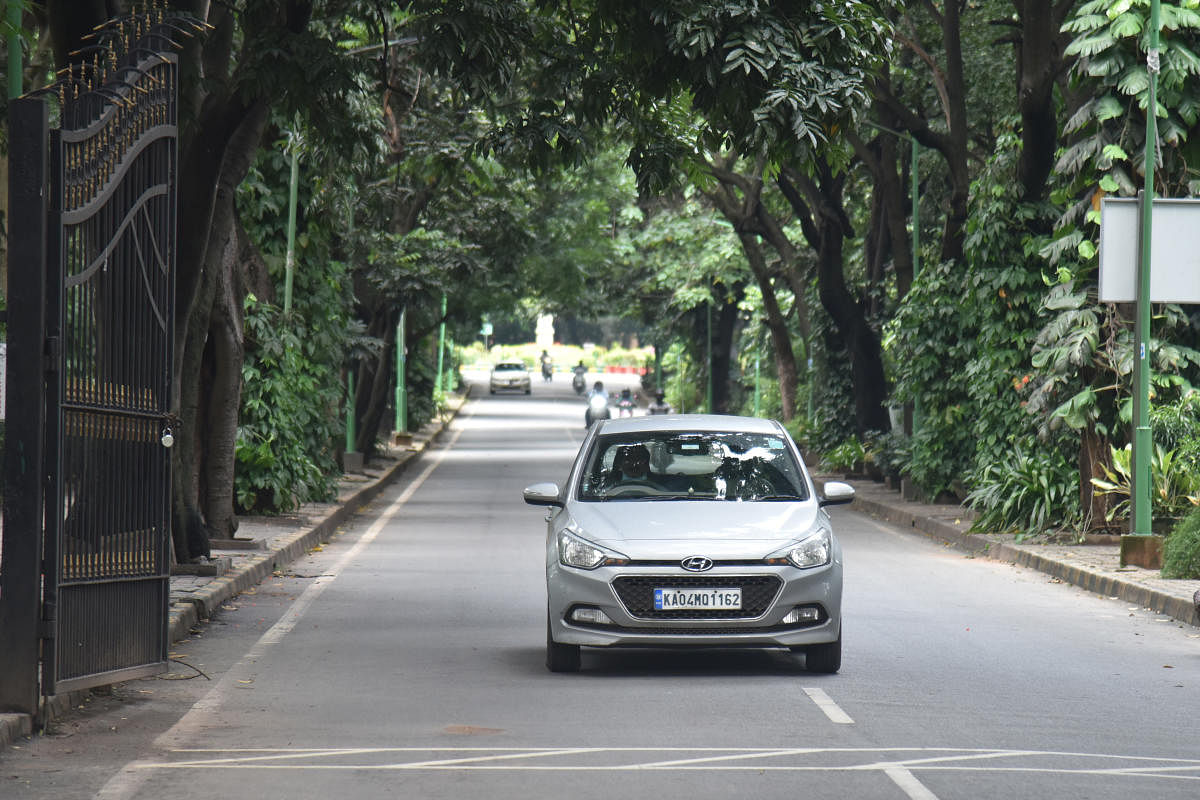
Days after the traffic police submitted a study seeking to restore vehicle movement inside Cubbon Park, transport engineering experts from IISc have come up with a holistic analysis that showed that closing Cubbon Park for vehicles will be win-win situation for environment as well as commuters.
Interestingly, there was similarity in both studies. The traffic police have argued that banning vehicles in the park will lead to congestion on adjoining roads. While agreeing with that aspect, experts from Indian Institute of Science (IISc) went a step ahead to see the larger impact of such a move.
Led by Prof Ashish Verma from Transport Systems Engineering cell of IISc, researchers Hemanthini Allirani and Harsha Vajjarapu adopted a methodology that studied the impact of vehicle ban in the park over the network of origin-destination trips in Bengaluru Metropolitan Region.
They noted that, with the ban, "travellers re-adjust their routes in a such a manner that it is resulting in overall reduction in the total vehicle kilometre travelled" which will come down by 1.4 lakh km (from 32.08 million km to 31.94 million km), it said, bringing down emissions by 10 tonnes.
The study further said the traffic on the CBD roads was at "worst level" even when the Park is open for vehicles. The ban will save the lungspace at the cost of minor impact on such roads.
Recommending the ban, the study said the permanent and sustainable solution was to strengthen and improve public transport network. It said the ban will also work in dis-incentivising personal modes (cars and two wheelers) and will induce mode shift towards more sustainable modes like public transport, walking, and cycling".
Responding to a question, Prof Verma noted that Covid-19 was a temporary phenomena and should not be a hurdle for building a robust public transport system with quality service.
What the researchers say
- Ban will force people to find alternative routes, disincentivise private vehicles
- Total vehicle kilometres travelled will come down from 32.08 million km per day to 31.94 million km per day
- CO2 emissions will be cut from 3062.43 tonnes to 3052 tonnes
- Particulate Matter emissions will reduce from 0.7191 tonnes to 0.7162 tonnes